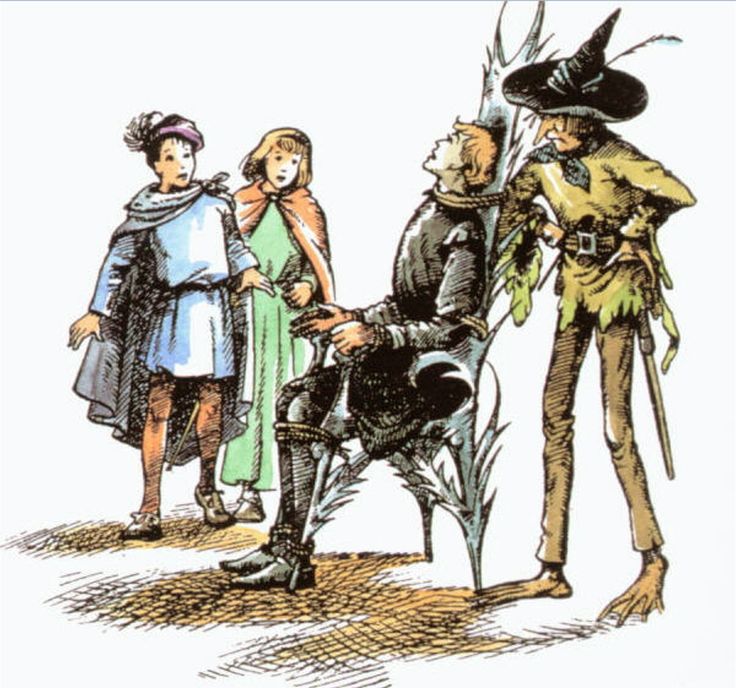Meditation, Sunday Evening, May 8, 2016
Philippians 2:1-11
I am currently reading The Silver Chair, one of the volumes of The Chronicles of Narnia by C.S. Lewis, to one of my daughters, to help her fall asleep at night. We read it a few pages at a time, and she gradually falls asleep. If I try to leave too early, she’ll grab my arm; she hasn’t heard the last two pages, but she won’t let me leave until she’s completely in the REM state, comatose, really. Then the next night, I’ll try to pick up where I left off, but she doesn’t remember the last several pages, so I have to go back. So we’ve been on page 80 for about a month. But reading the story gives her comfort, and helps her fall asleep.
one of my daughters, to help her fall asleep at night. We read it a few pages at a time, and she gradually falls asleep. If I try to leave too early, she’ll grab my arm; she hasn’t heard the last two pages, but she won’t let me leave until she’s completely in the REM state, comatose, really. Then the next night, I’ll try to pick up where I left off, but she doesn’t remember the last several pages, so I have to go back. So we’ve been on page 80 for about a month. But reading the story gives her comfort, and helps her fall asleep.
Stories are powerful. Stories captivate you. Stories invite you in. They invite you to participate in the story.
In fact, the good news about Jesus Christ is a story.
The gospel is not, first of all, doctrine. I say that as someone who spent most of my life becoming an historian of Christian doctrine. I have a vested interested in doctrine. But the teachings come from the story. And the gospel is not, first of all, ethics. Yes, there are Christian principles, about behavior and right and wrong, but the good news is not a list of rules for being a good person. The gospel is good news for people who are not good. For lawbreakers. When the Apostle Paul wants to urge the Philippian church to model their attitudes after Jesus (a kind of ethical point), he does so by telling the story of Christ’s life. But he begins the story not with the manger, not with the shepherds. He begins the story in eternity, before he left his Father’s side, and became a real, flesh-and-blood human being.
We read the story of Jesus in those books we call the Gospels. And the story continues in the book of Acts. And when the first Apostles began their work of evangelism, they began by telling the story of Israel. They climb up the steep slopes that are the Old Testament, and at the summit, they find Jesus. His story is God’s story.
The gospel is a story that we recall in outline whenever we recite the Apostles’ Creed. It’s a story that we travel through in the church year, when, with the shepherds, we wait for Christ’s coming, in Advent. When we walk with Jesus on the road that leads to the cross, during Lent. When we awake on a Sunday morning to the news: “He is risen!” When we stand with apostles gazing up into the sky, wondering when we will ever see Jesus again.
And the good news is that his story can be your story as well.
Your life is like the unfinished manuscript of a novel. And this story has multiple authors. The first chapters of the novel of your life were written entirely by others. But gradually, your own additions begin to appear, first appearing as mere pencil scribbles in the margins, later scrawled in large, childlike letters. Eventually, your parents contribute less and less, and the paragraphs become largely your own. In the teenage years, you think it’s entirely your own story, and that you are the sole author. But later, when you look back at those chapters, you see the contribution of teachers, coaches, friends, and even your parents, though you would never admit it at the time. The major turning points in the plot are parts that either you wrote, by your own choices, or that were written for you, by events that happened to you. As the chapters grow more numerous, you notice parts that you wish you could go back and edit, or delete entirely, but the story of your life doesn’t work that way.
Only one of the co-authors of your life, who turns out to be the primary Author, can resolve the tragic parts, the pages of regret, the chapters of loss and lament. He is also the hand behind the pages of joy and celebration, the sub-plots of love and affection. He is the author not only of your story, but of Creation itself. He is the only author of his own life. His story begins before time, a love story, the objects of his love not yet even existing, yet loved nonetheless. The Son of God in glory, resolving to become a mere mortal, a human being, and not only that, but to endure rejection, mockery, false condemnation, and a cursed death. All in order to rescue those whose story was pure tragedy, an epic tale of rebellion, failure, disgrace. But he entered into that story, your story, our story.
He did that so that we could enter into his story. He makes his story, your story, and your story, his. And every day that you get out of bed, you have an opportunity to write another page. It doesn’t have to be like yesterday’s page. And the Holy Spirit will be your Muse, your inspiration, if you take the time to listen.
The way that you write the story of your life is like an open letter to the world, about what matters to you, what is beautiful to you, what you love and whom you love. But if you let Jesus into your story, it’s also an open letter about who loves you, and who so loved the world.
